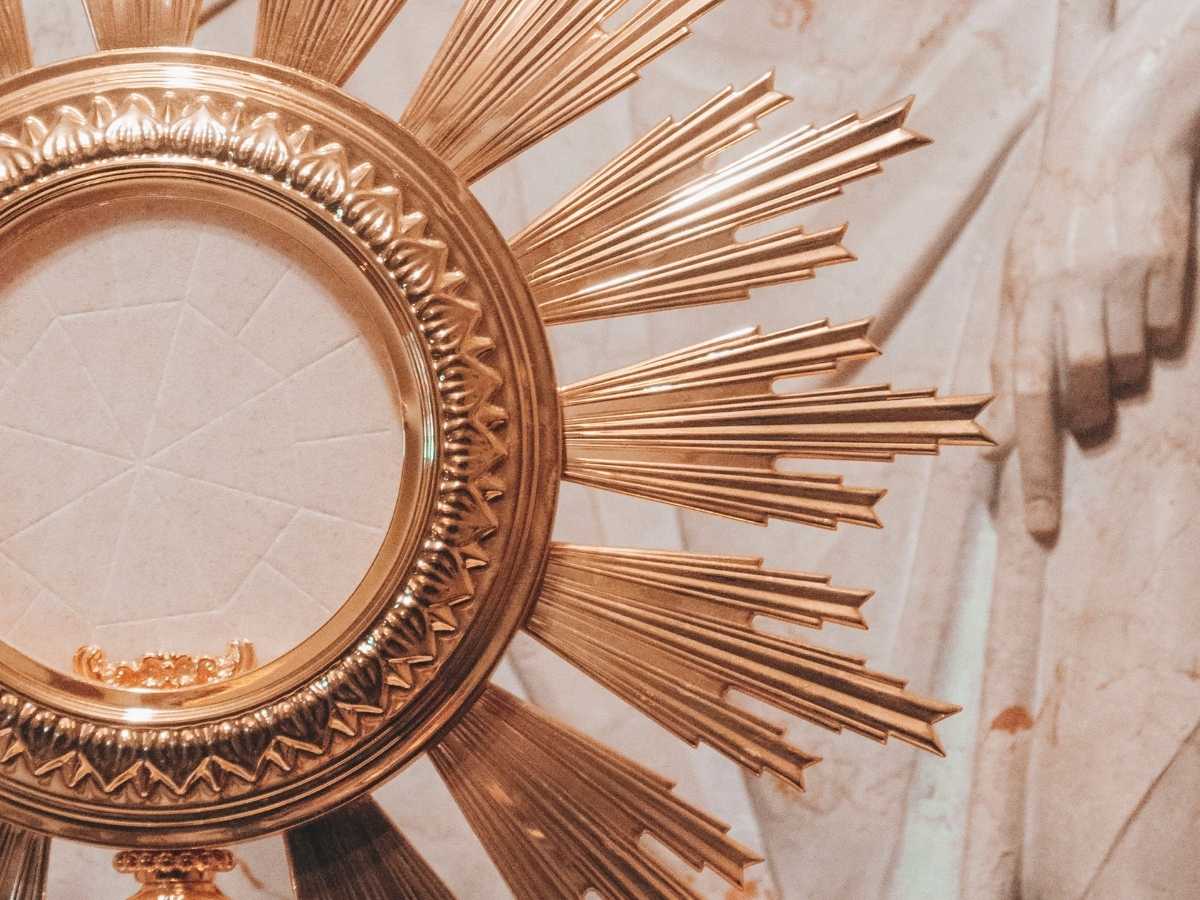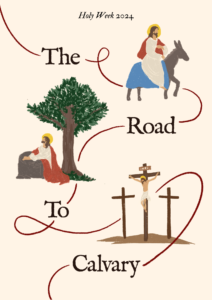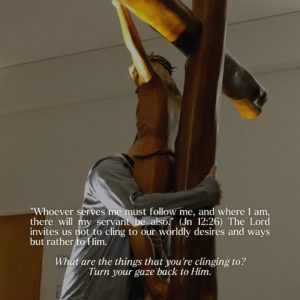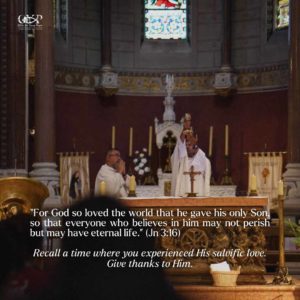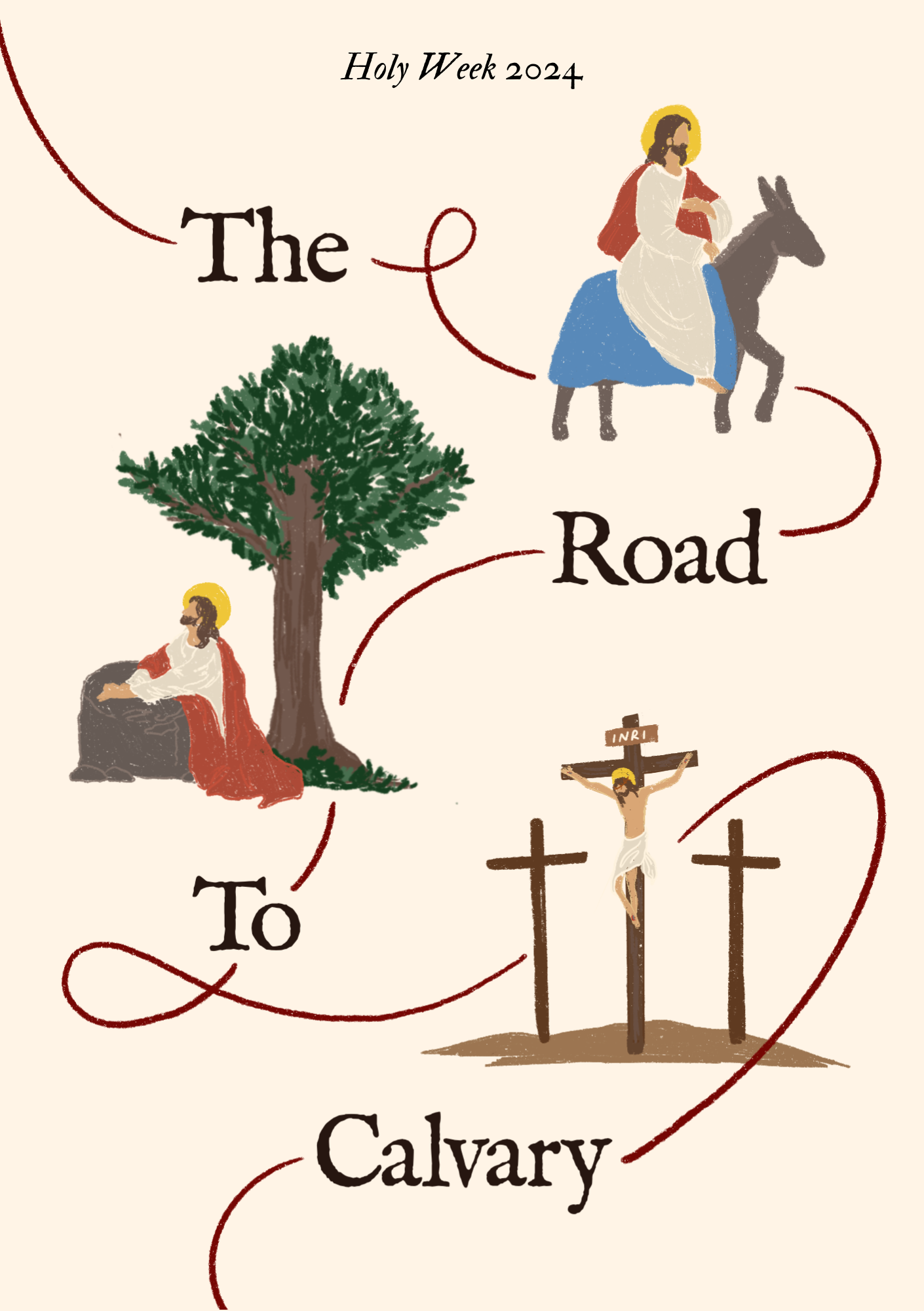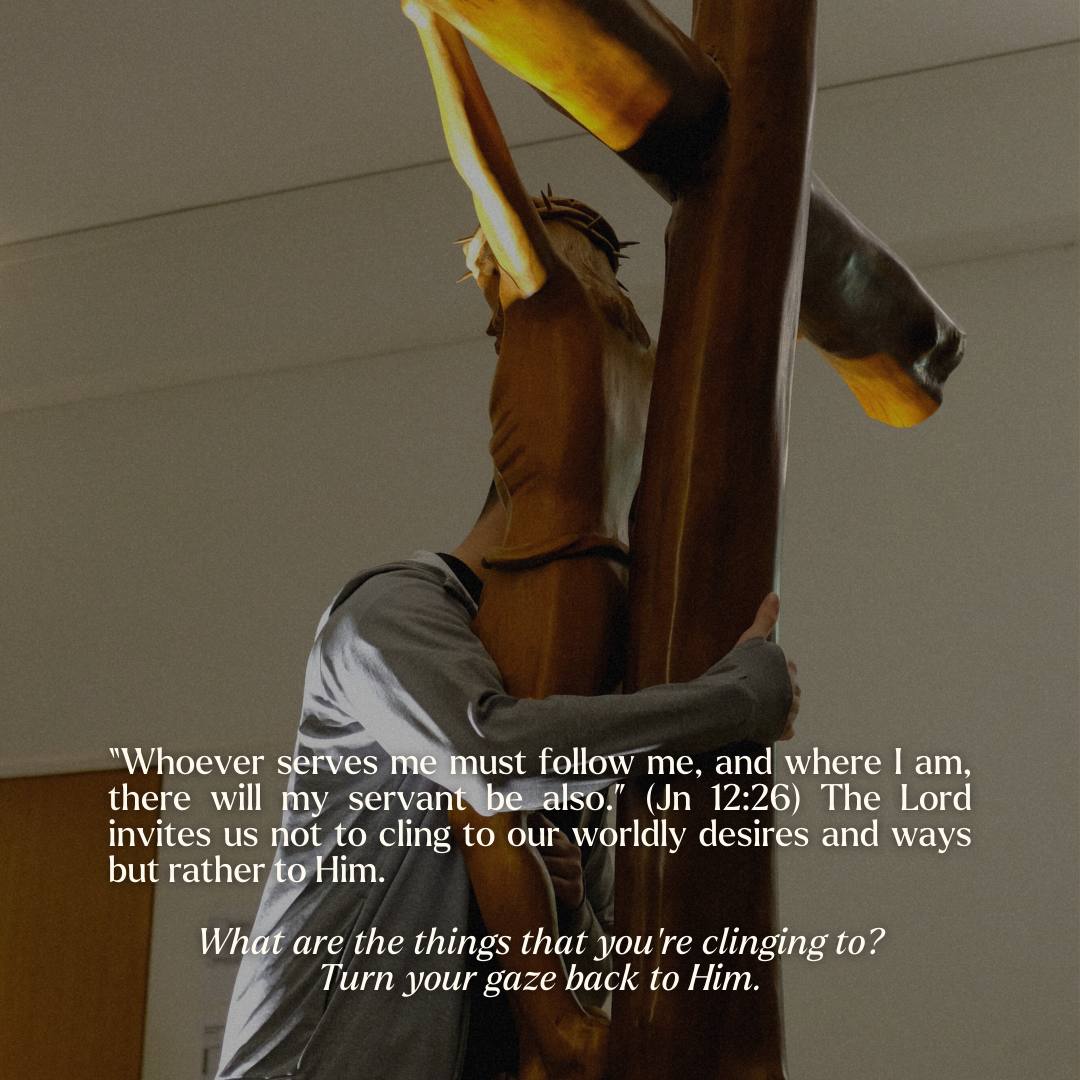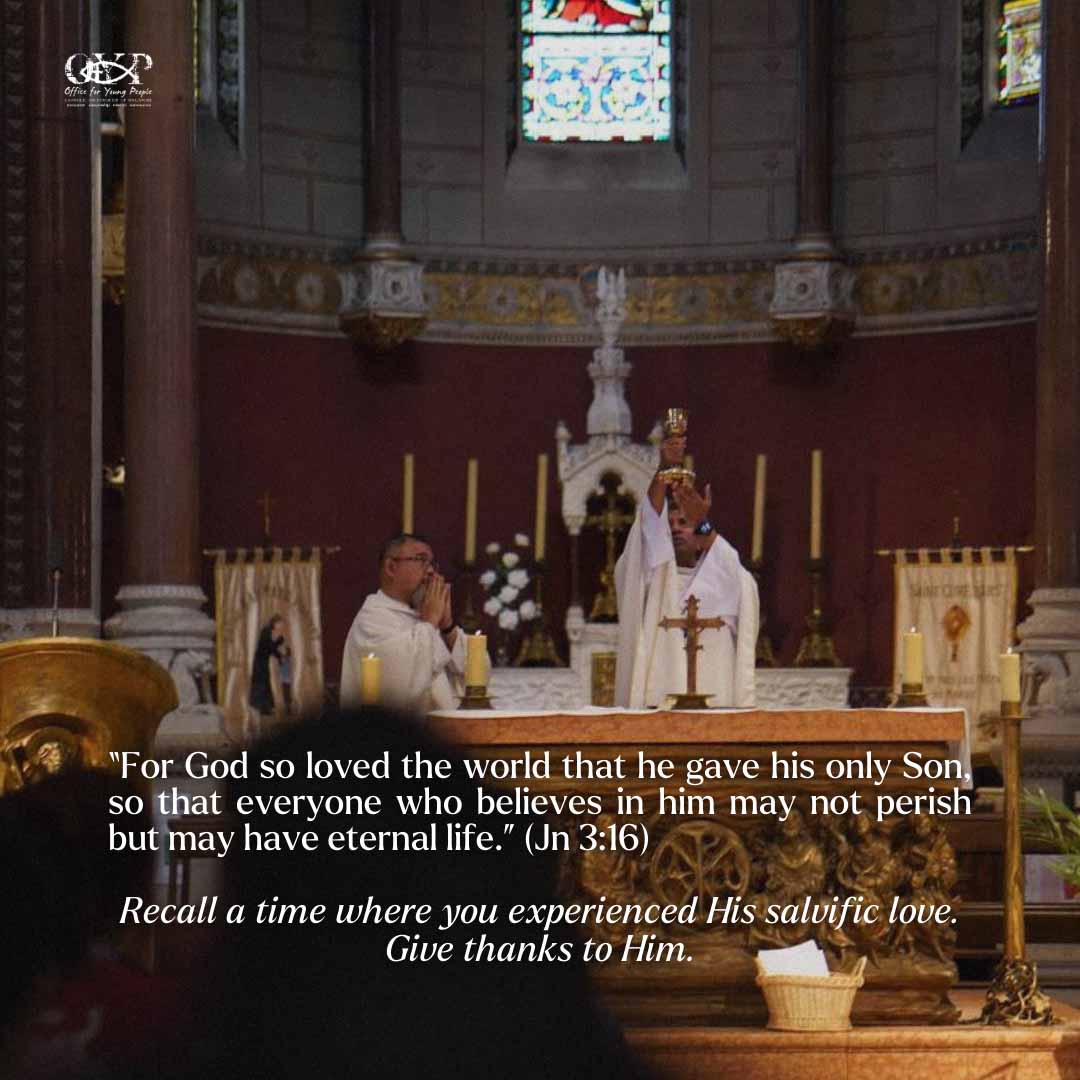By Sean Toh
The Catholic Church teaches that “In the most blessed sacrament of the Eucharist “the body and blood, together with the soul and divinity, of our Lord Jesus Christ and, therefore, the whole Christ is truly, really, and substantially contained.” (CCC 1374) “It is by the conversion of the bread and wine into Christ’s body and blood that Christ becomes present in this sacrament.” (CCC 1375)
Presently, there is division between Christian denominations with regards to Christ’s Real Presence in the Eucharist – some regard the bread and wine as mere symbols. However, there was no such disagreement in the Early Church – the Church Fathers firmly defended and professed their faith in the doctrine of real presence. In the following examples of early Christian writings, we can observe just how relentless they were in defending this core article of our faith.
We can start with the bible – where St. Paul speaks of the Eucharist:
“The cup of blessing which we bless, is it not a participation in the blood of Christ? The bread which we break is it not a participation in the body of Christ?” (1 Cor 10:16)
For as often as you eat this bread and drink this chalice, you proclaim the Lord’s death until he comes. Whoever, therefore, eats the bread or drinks the cup of the Lord in an unworthy manner will be guilty of profaning the body and blood of the Lord. (1 Cor 11:26-27)
The following two quotes come from the Didache (c. 90 A.D.) – one of the earliest Christian writings.
“Let no one eat and drink of your Eucharist but those baptized in the name of the Lord; to this, too the saying of the Lord is applicable: ‘Do not give to dogs what is sacred’.” (Ch. 9:5)
“On the Lord’s own day, assemble in common to break bread and offer thanks; but first confess your sins, so that your sacrifice may be pure.” (Ch. 14)
It is interesting and affirming to see that these beliefs are still reflected in the teachings and practices we have today. The Eucharist is reserved for baptized Catholics only, and we usually recite the penitential rite (“I confess…”) at every Mass before receiving the Eucharist. The second quote, together with St. Paul’s teaching in 1 Corinthians 11, is reflected in the Church’s teaching against receiving the Eucharist in a state of mortal sin.
Next, we have St. Ignatius of Antioch, writing around 110 A.D as he was being taken back to Rome, where he would be put to death for refusing to deny Christ. These are remarkably early writings, extremely close to the time of the apostles. It also worth noting that St. Ignatius studied under the apostle John – the same John who recounts Jesus’ words in his Gospel: “Truly, truly, I say to you, unless you eat the flesh of the Son of Man and drink his blood, you have no life in you.” (John 6:53) Some Christians today may believe that Jesus meant it purely symbolically, but let’s see what St. John’s student had to say about it:
“Consider how contrary to the mind of God are the heterodox in regard to the grace of God which has come to us. They have no regard for charity, none for the widow, the orphan, the oppressed, none for the man in prison, the hungry or the thirsty. They [the Gnostics] abstain from the Eucharist and from prayer, because they do not admit that the Eucharist is the flesh of our Saviour Jesus Christ, the flesh which suffered for our sins and which the Father, in His graciousness, raised from the dead. Those, therefore, who speak against this gift of God, incur death…” (Letter to the Smyrnians, Chapter 7)
I desire the bread of God, the heavenly bread, the bread of life, which is the flesh of Jesus Christ, the Son of God, who became afterwards of the seed of David and Abraham; and I desire the drink of God, namely His blood, which is incorruptible love and eternal life. (Letter to the Romans, Chapter 7)
This is the faith that the early Christians died for. This is the faith that we Catholics believe in, that which Jesus handed on to His Church founded upon St. Peter and the apostles, that which is preserved by the same Catholic Church over 2000 years till today.
For a more comprehensive collection of writings the Church Fathers had on this topic, do check out http://www.therealpresence.org/eucharst/father/fathers.htm

